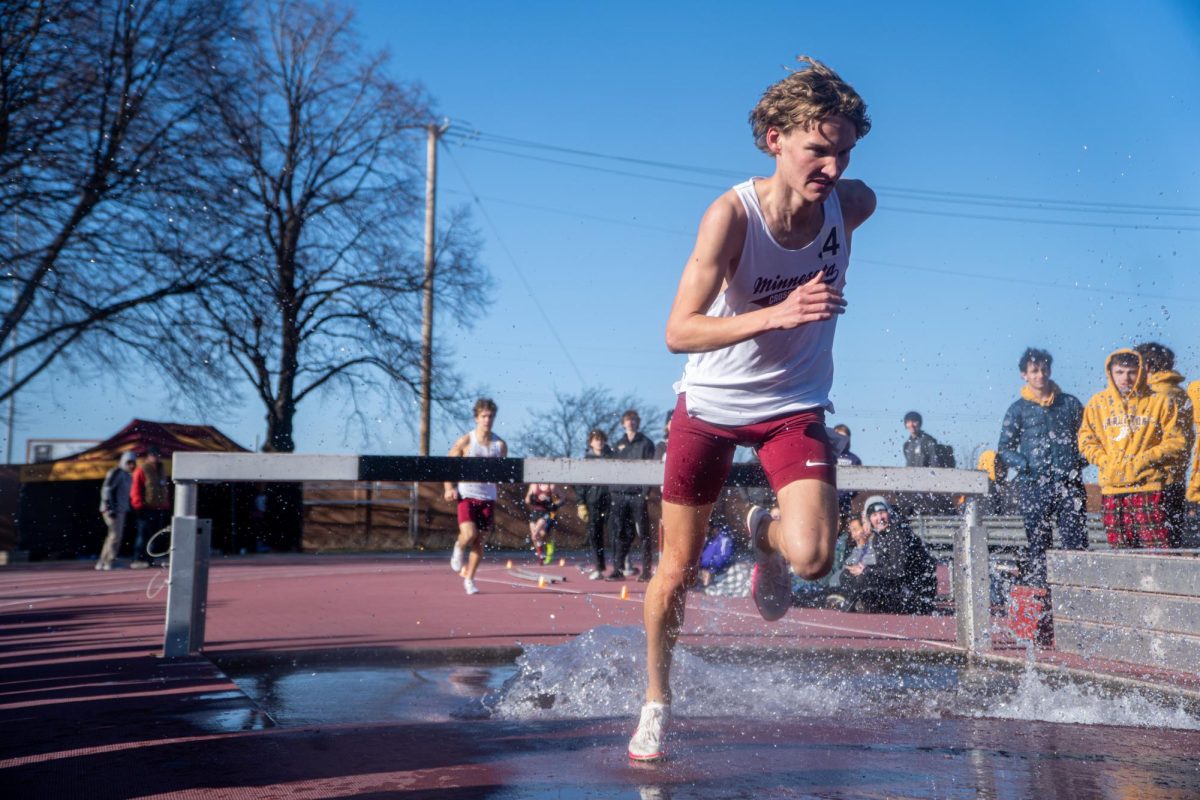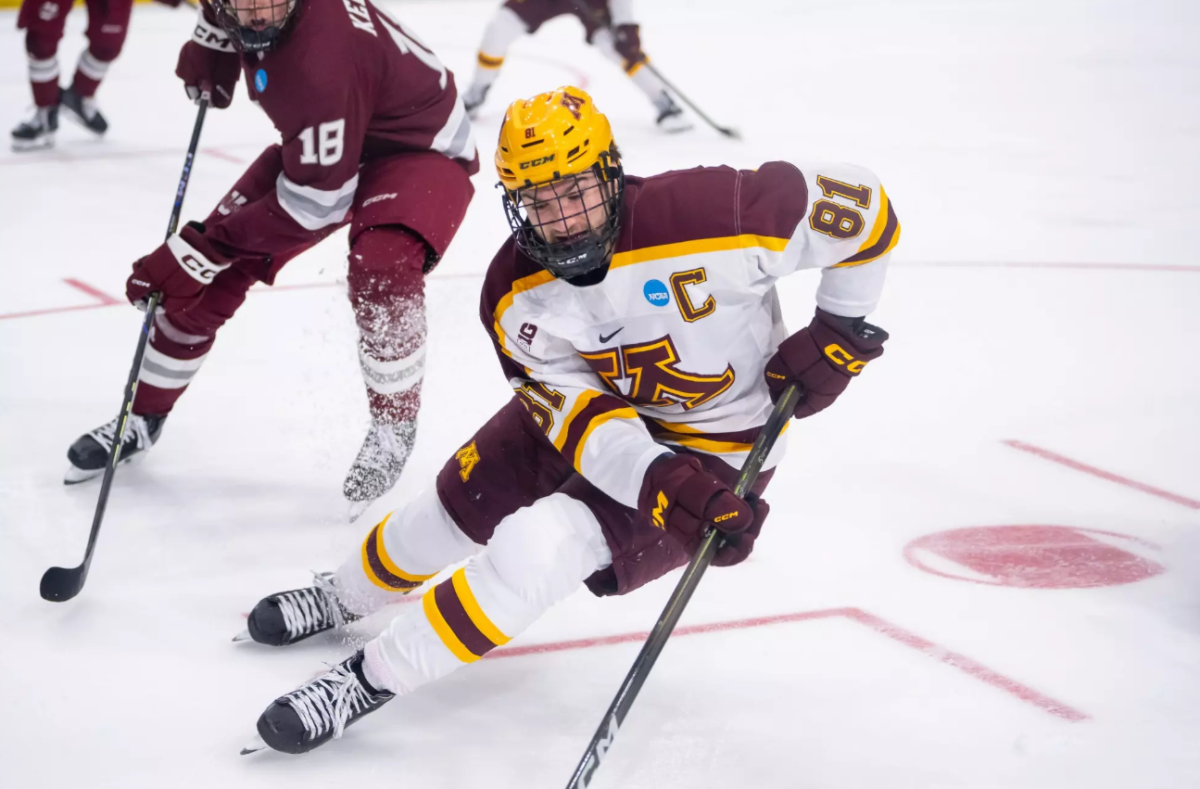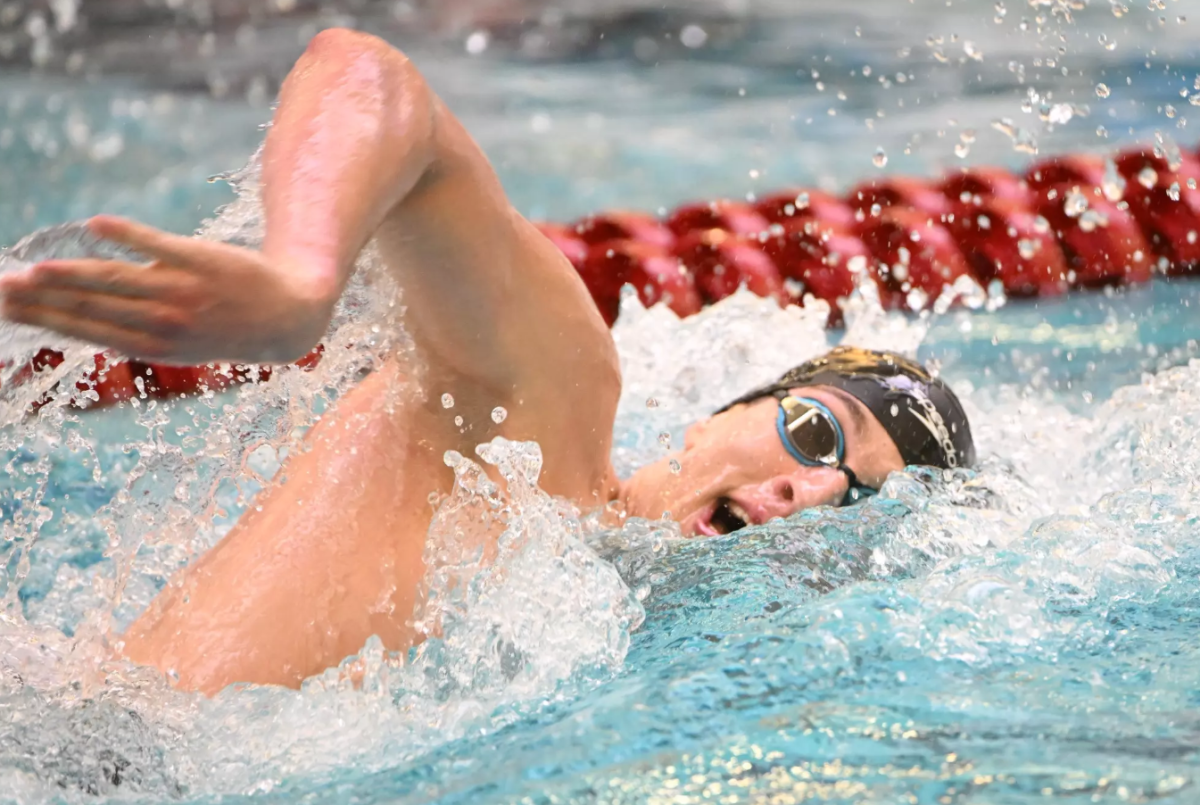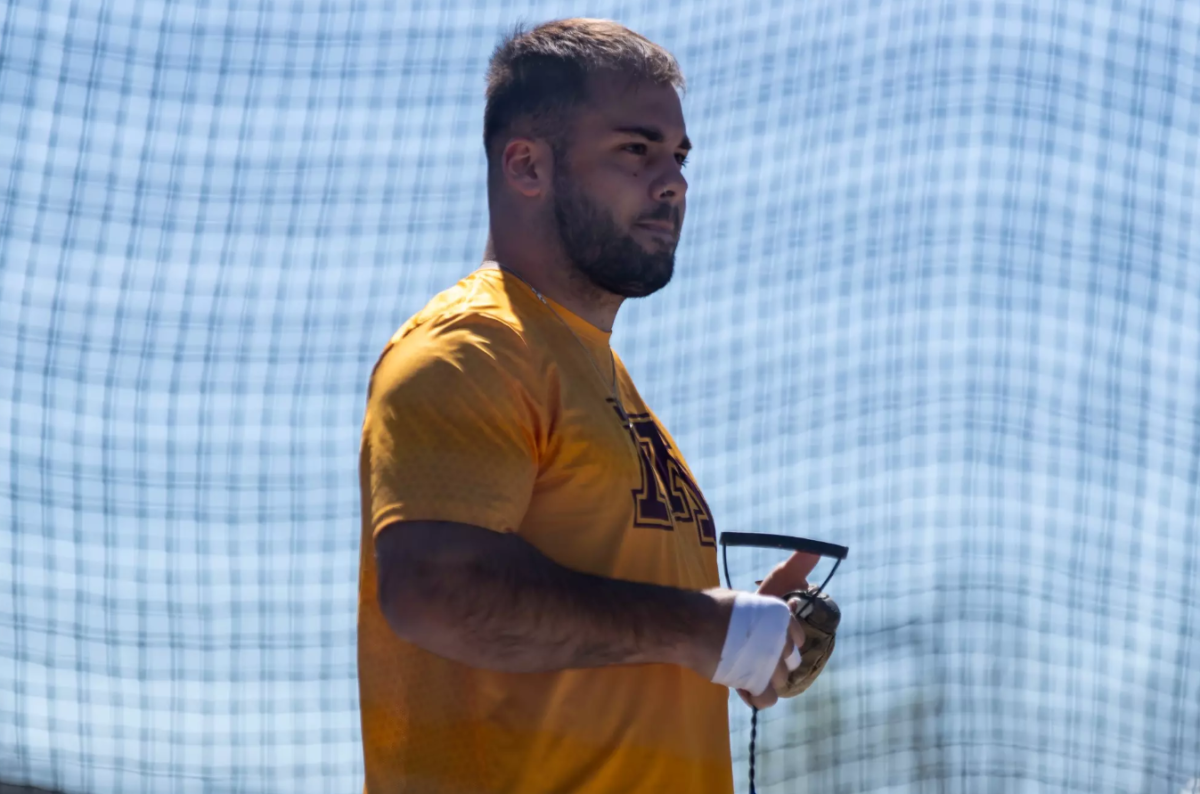The burden of the men’s basketball academic scandal under former coach Clem Haskins in 2000 is finally ready to be lifted off the shoulders of the University’s athletic department.
After completing six years of probation, the University expects to receive official notification from the NCAA in early December that its athletic department is officially off NCAA probation.
The NCAA originally placed the University’s athletic department on four years of probation in 2000, stemming from academic fraud in the men’s athletic program. The probation was extended two more years, to last month, after NCAA infractions within the women’s basketball program in 2002.
The NCAA Committee on Infractions found the women’s basketball program under then-coach Cheryl Littlejohn guilty of 11 major violations. Littlejohn violated bylaws by providing prospective recruits with extra benefits such as money and free or reduced-cost housing.
The NCAA also ruled that Littlejohn violated rules regarding out-of-season practice by scheduling mandatory offseason pickup games. The University fired Littlejohn in May 2002 following an internal investigation.
University general counsel Mark Rotenberg said the probation resulted in limited scholarships and the removal of a banner in Williams Arena commemorating a Final Four appearance by the men’s basketball team. The University also had to send annual compliance reports to the NCAA, he said.
Rotenberg said since the probation began in 2000, the University has revamped its scope of athletic compliance and now completes its own reports containing audits, education and testing of athletic programs.
“We have now created and have in plans one of the finest athletic compliance programs in the United States,” he said. “We have gone four years without a single major violation of NCAA rules, and that is a sign of our dramatically increased accountability.”
A major violation is any that does not fall under the secondary violations, which include isolated or inadvertent incidents and give minimal advantages.
University associate athletic director Regina Sullivan said the athletic department is much different today than it was when the probation began. She said the department now promotes communication between coaches, staff and the compliance department to prevent another violation.
“We want to follow the rules, we want to be known for that, we want to be a model program in the country,” she said. “We’ve already begun that process of moving forward, and this is just one more step officially that allows us to take a different direction than what happened way back when.”
Rotenberg said the probation period ended Oct. 22, but the athletic department is still waiting for formal confirmation from the NCAA next month. But the University fully expects to be reinstated, he said.
Jennifer Kearns, associate director of public and media relations for the NCAA, said if the University’s final report is approved, full rights of membership will likely be restored.
Minnesota Student Association President Max Page said despite the seriousness of past academic fraud, it’s good to move on.
“You can’t typically get away with cheating the system, nor should you be able to,” he said. “The fact that there have been no violations Ö I think it’s all moving in a good direction for the University.”
Page also said he hoped the past mistakes have made the link between athletics and academics more accountable.
Rotenberg said once the University comes off probation, it will not be subject to the NCAA’s repeat violation rule if another infraction occurs. But the reinstatement of the athletics department is a milestone for the University and has created a better mindset, he said.
“Our teams can win and follow the rules; it doesn’t have to be a trade-off,” he said. “By creating a culture of compliance in the athletic department, we can dramatically reduce serious violations.”







